Mobile health brands more than most, understand the promise of mobile access to information. So much so, they’ve based their companies on the potential impact of mobile technology. These companies know that as customers seek information and connections, they’re accessing information via their smart phones and tablets. In fact, from January 2011 to January 2012, mobile access to the Internet nearly doubled, not counting tablets.
In spite of this, many mHealth companies have given very little thought to their own mobile strategy. It’s ironic that an industry whose existence is based on mobile has yet to seriously embrace mobile strategy in their marketing. What does it say about your company if you fail to practice what you preach?
What’s the Mobile Strategy of Your mHealth Firm?
Here are three reasons to embrace a your own mobile strategy.
- Information access has changed: The transition from web 1.0 to web 2.0 (social) and to mobile is having a dramatic and definite impact on the way people access information. According to some experts, mobile web access will surpass traditional PC access by 2014. It took Apple 24 years sell 67 million Macs, yet only three years to match that in iPhone sales and two years to sell that many iPads. This trend will only escalate as people move away from being tied to a physical location in favor of accessing information where and when they want it.
- Your targets are mobile: According to a recent article, nearly one-quarter of B2B e-commerce professionals around the world said the mobile web was one of the most influential touch points for their customers. What’s more, 28 percent of U.S. B2B C-level executives used a mobile phone to research business purchases, compared to 25 percent of those outside the C-suite. On tablets, those numbers were 21 percent and 12 percent, respectively.
- The ZMOT phenomenon: Google’s extensive research has led to a marketing theory that says the Internet has changed how we decide what to buy. The decision can come at any time and at any place. Google calls this online decision-making moment the Zero Moment of Truth — or simply ZMOT. About 79 percent of consumers now say they use a smartphone for help with shopping decisions. If your mobile presence is lacking, prospects are likely to end up finding your competitors.
Mobile health brands have demonstrated their leadership in healthcare technology. Now is the time for the industry take advantage of opportunities our mobile society offers by embracing mobile marketing strategies.
For more on this topic download our free Mobile Marketing Tip Sheet.
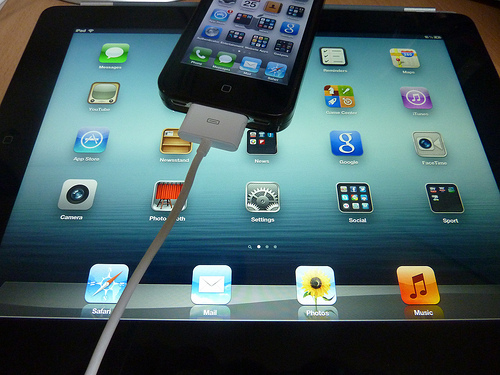

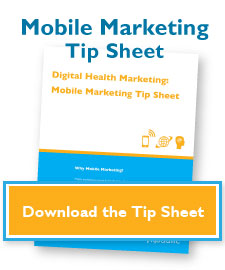

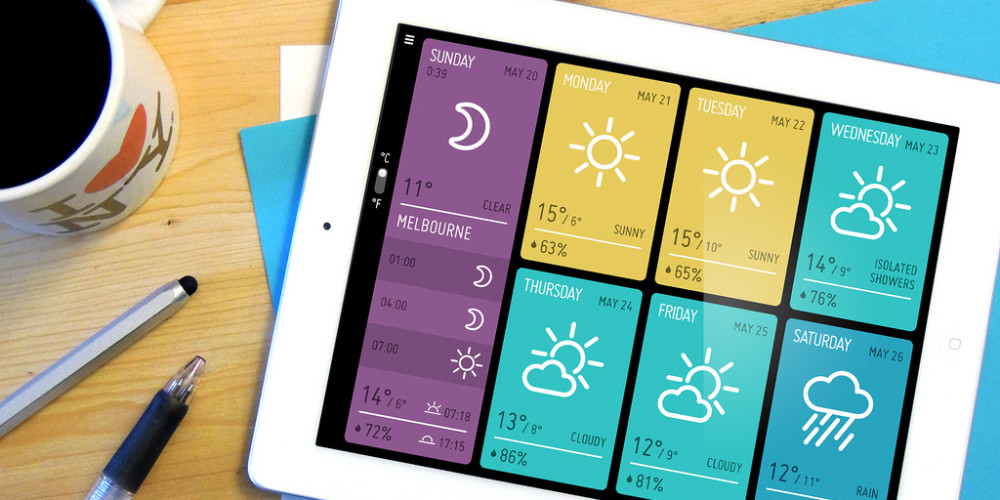
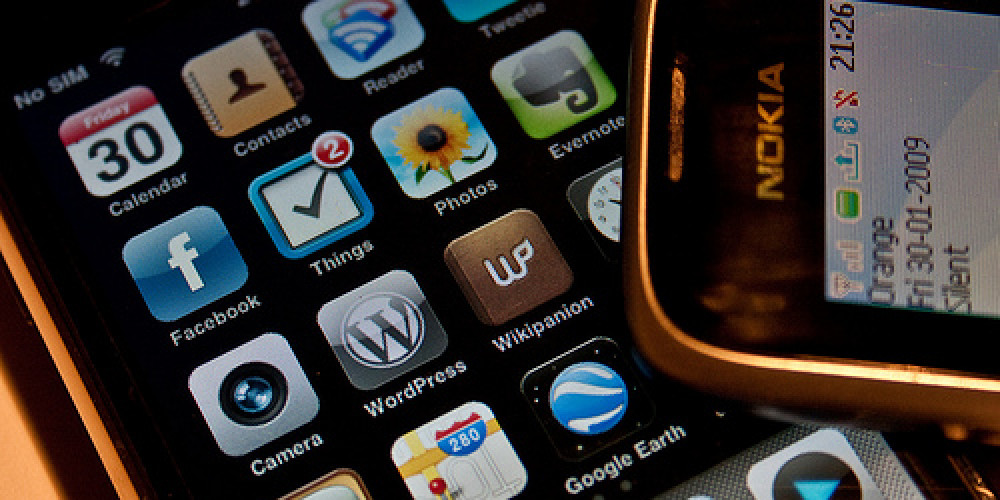
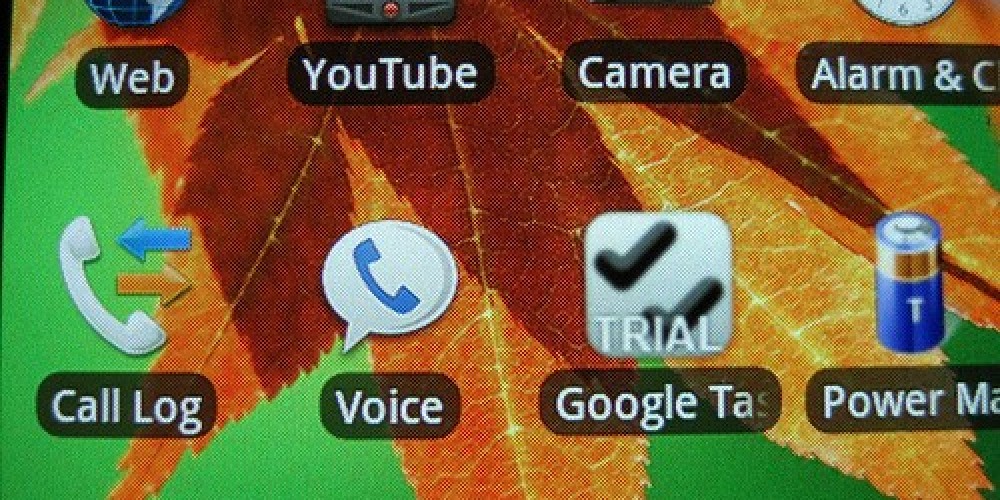
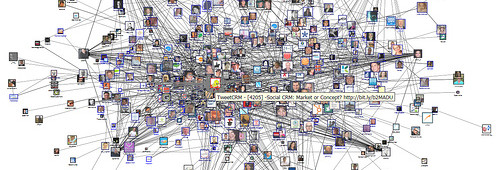

5 thoughts on “3 Reasons mHealth Companies Must Embrace a Mobile Strategy”